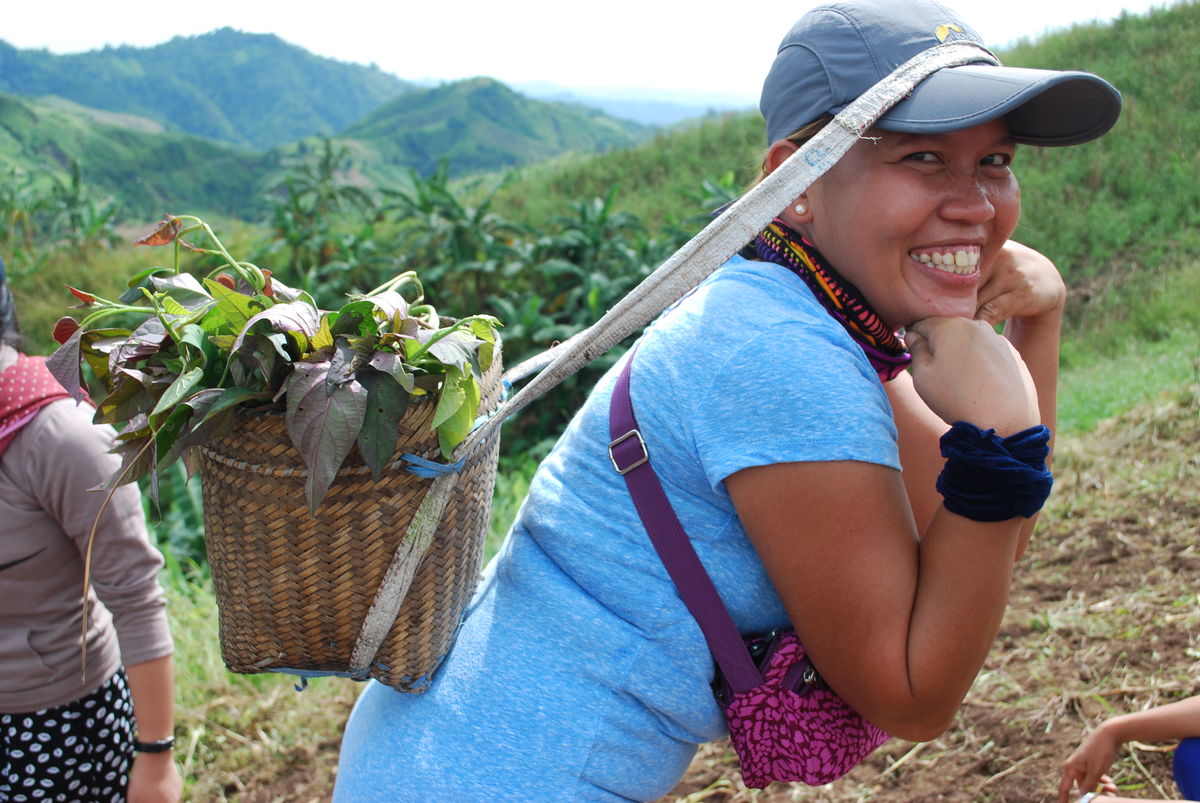Food Justice
We seek to embrace a food economy based on the values of stewardship, sustainability and justice.

Each time we eat, we experience how dependent we are on creation for life. Today’s food systems have brought modern conveniences to many but with notable costs to the earth and those involved in food production.
In urban areas — where for the first time in human history the majority of the population lives — there is an increased disconnect from the land, from the communities that grow our food, and from the hands whose labor brings the harvest to our tables.
A prerequisite for meeting the nutritional needs of the world’s population is an agricultural system that uses sustainable methods, respects ecosystems, and promotes a livelihood for people that work the land.
United Methodist Social Principles, ¶163.QEven with the abundance God has entrusted to our care, one in nine people — nearly 800 million worldwide — do not have access to sufficient food for a healthy life. And yet, each year one-third of all food produced for human consumption is wasted.
The United Methodist Church seeks to embrace a healthy food economy based on our shared values of stewardship, sustainability and justice. United Methodists throughout the denomination are:
- Tending community gardens
- supporting local and fair-trade suppliers
- partnering with local retailers to repurpose food waste
- sharing a meal and building relationships through dignity diners
- advocating alongside low-wage workers throughout the food chain
We are putting our faith into action and seeking justice for God’s people and God’s planet.
What the Bible and The United Methodist Church Say:
“So whether you eat or drink, or whatever you do, do it all for the glory of God.” (1 Corinthians 10:31)
“Behold the guilt of your sister Sodom: she and her daughters had pride, excess of food, and prosperous ease, but did not aid the poor and the needy.” (Ezekiel 16:49)
“And when you reap the harvest of your land, you shall not reap your field right up to its edge, nor shall you gather the gleanings after your harvest. You shall leave them for the poor and for the sojourner: I am the Lord your God.” (Leviticus 23:22)
“We support policies that increase the access to quality food, particularly those with fewest resources. We affirm local, sustainable, and small-scale agriculture opportunities that allow communities to feed themselves. We decry policies that make food inaccessible to the communities where it is grown and the farmworkers involved in its growth.” (Social Principles, ¶160.H)
“A prerequisite for meeting the nutritional needs of the world’s population is an agricultural system that uses sustainable methods, respects ecosystems, and promotes a livelihood for people that work the land.” (Social Principles, ¶162.Q)
Three Things You Can Do:
- Discuss with your church and conference leadership ideas to reduce food waste, support farm workers and connect with your neighborhood in support of local farmer’s markets or community gardens.
- Support workers throughout the food chain – from those who harvest our food to those who process, transport and serve it. Join with food workers as they campaign for better wages and working conditions.
- Advocate for policies that support healthy and sustainable agriculture, humane treatment of animals and access to affordable, nutritious food.
For more information on Food Justice, visit:
- United Methodist Book of Resolutions:
- National Farm Worker Ministry